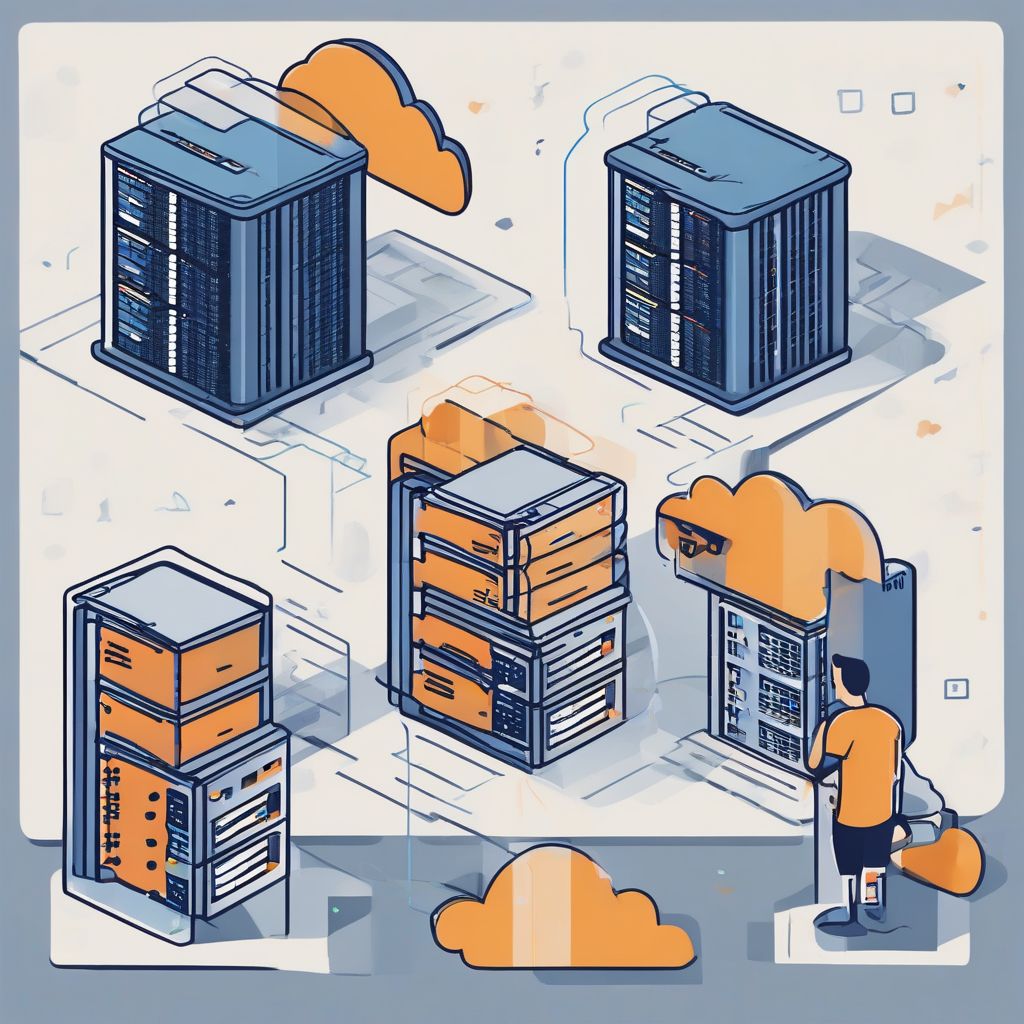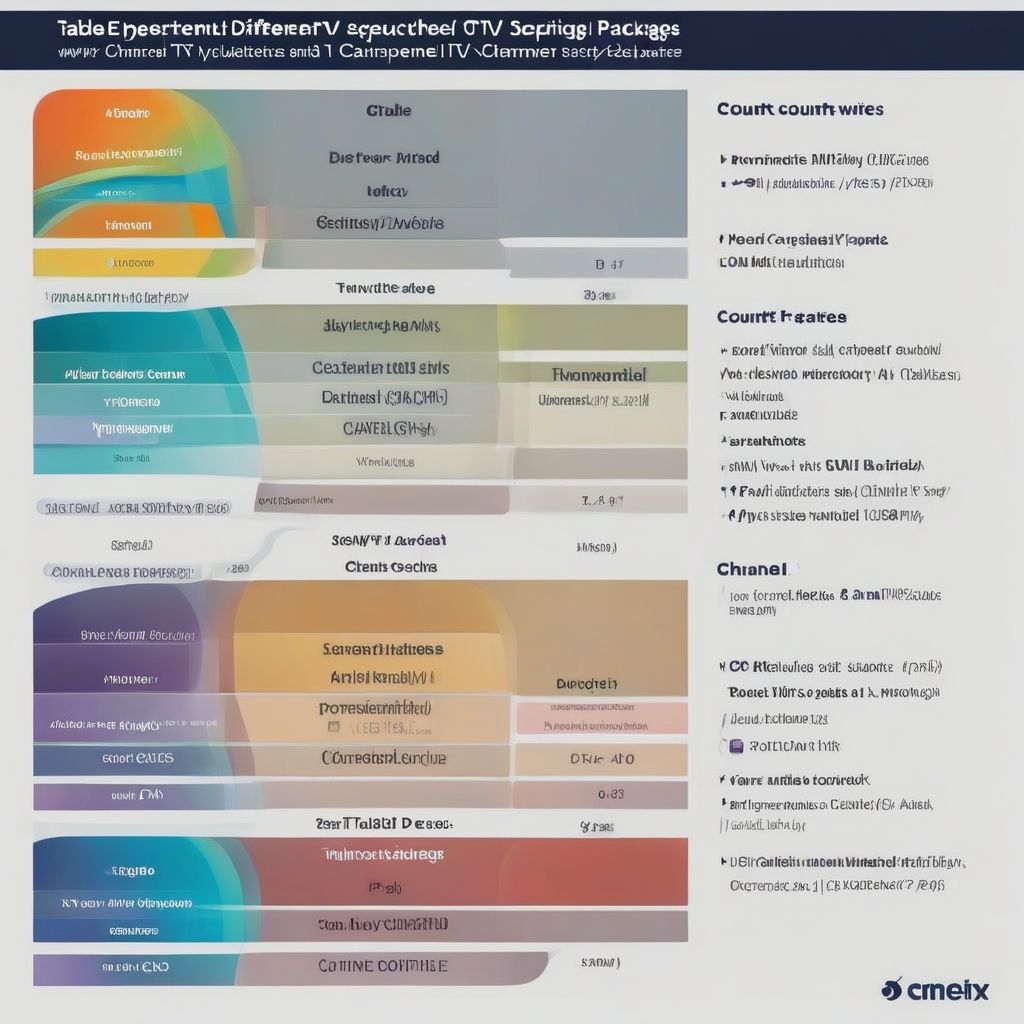In today’s fast-paced business world, staying ahead of the curve is crucial for success. Companies are constantly seeking ways to optimize their operations, enhance efficiency, and gain a competitive edge. This is where IT outsourcing services come into play.
 IT outsourcing services
IT outsourcing services
What are IT Outsourcing Services?
IT outsourcing services involve delegating specific information technology (IT) functions or projects to a third-party service provider. These providers specialize in various IT domains, offering expertise and resources that may not be available in-house.
The Benefits of IT Outsourcing
Why do businesses choose to outsource their IT needs? Let’s explore some key advantages:
- Cost Reduction: Outsourcing can significantly lower IT expenses. Instead of investing heavily in infrastructure, software, and a full-time IT team, businesses can leverage the provider’s resources and pay for specific services as needed.
- Access to Expertise: IT outsourcing provides access to specialized skills and knowledge without the need for extensive recruitment or training. Outsourcing partners often employ certified professionals with experience in diverse technologies.
- Focus on Core Business: By delegating IT responsibilities, companies can free up internal resources and allow their in-house teams to concentrate on core business functions and strategic initiatives.
- Increased Efficiency and Productivity: Experienced IT outsourcing providers bring streamlined processes and best practices to the table, leading to improved efficiency and enhanced productivity.
Types of IT Outsourcing Services
The realm of IT outsourcing encompasses a wide range of services, including:
- Software Development: From web and mobile applications to enterprise software solutions, outsourcing software development can accelerate time-to-market and reduce development costs.
- Cloud Computing: Outsourcing cloud services, such as infrastructure-as-a-service (IaaS), platform-as-a-service (PaaS), and software-as-a-service (SaaS), can provide scalability, flexibility, and cost savings.
- Help Desk and Technical Support: Outsourcing help desk and technical support functions ensures round-the-clock assistance for employees and customers, resolving IT issues promptly and efficiently.
- Cybersecurity: Protecting sensitive data is paramount. IT outsourcing providers specialize in cybersecurity measures, including threat detection, vulnerability assessments, and data encryption.
- Data Center Management: Maintaining a data center requires specialized expertise and significant investments. Outsourcing data center management can optimize performance, enhance security, and reduce operational costs.
Finding the Right IT Outsourcing Partner
Choosing the right outsourcing partner is essential for a successful outcome. Here are some factors to consider:
- Expertise and Experience: Look for providers with a proven track record in the specific IT services you require.
- Reputation and References: Research the provider’s reputation and seek references to gauge their reliability and customer satisfaction levels.
- Communication and Collaboration: Effective communication and seamless collaboration are crucial. Ensure the provider has strong communication channels and a collaborative approach.
- Security Measures: Data security should be a top priority. Inquire about the provider’s security protocols, certifications, and compliance with industry standards.
- Contract Flexibility: Opt for a provider that offers flexible contract terms and service level agreements (SLAs) to accommodate your evolving business needs.
Conclusion
IT outsourcing services have become an integral part of the modern business landscape. By leveraging the expertise, resources, and cost-effectiveness of outsourcing, companies can unlock new levels of growth, efficiency, and innovation. Whether you’re a startup or a large enterprise, exploring IT outsourcing options can help you stay ahead of the technology curve and achieve your business objectives.



